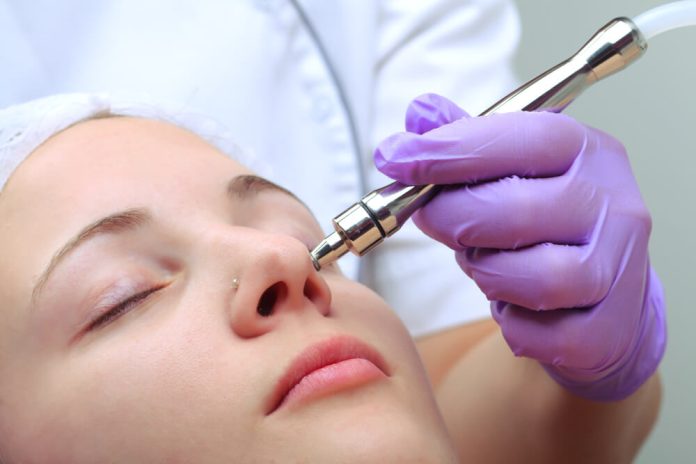Cosmetic nursing is a specialized field that involves using non-surgical techniques to enhance the appearance of the skin and facial features.
A cosmetic nursing course covers various topics related to the anatomy and physiology of the skin and facial structures and the principles and techniques of cosmetic nursing.
Here are some of the critical subtopics that are typically covered in a cosmetic nursing course.
Table of Contents
Anatomy and Physiology of the Skin and Facial Structures
A thorough understanding of the anatomy and physiology of the skin and facial structures is essential for cosmetic nurses to assess patients properly and perform procedures. The topics in this area may include the skin’s structure and function, the layers of the skin, collagen, skin aging, nerves, and the face’s bone structure.
Principles of Cosmetic Nursing and Patient Assessment
Cosmetic nursing involves more than just performing procedures; it also requires patient assessment, consultation, and education. Topics in this area may include the role of the cosmetic nurse, patient assessment and consultation, medical history, and physical examination, assessment of patient goals and expectations, risks and benefits of cosmetic procedures, and informed consent.
Injectable Treatments
Injectable treatments are a popular and effective way to enhance the appearance of the skin and facial features. Dermal fillers and botulinum toxin are two of the most common types of injectable treatments used in cosmetic nursing. Topics in this area may include the mechanism of action of injectables, indications and contraindications, preparation and administration of injections, and complication management.
Skin Rejuvenation Techniques
Skin rejuvenation techniques involve non-surgical procedures to improve skin texture, tone, and appearance. Chemical peels, microdermabrasion, and laser therapy are some of the most common skin rejuvenation procedures.
Topics in this area of cosmetic nursing course may include how skin rejuvenation works, the risks and benefits of skin rejuvenation procedures, the preparation and performance of procedures, and complication management.
Facial Contouring and Non-Surgical Facelift Techniques
Facial contouring and non-surgical facelift techniques are used to enhance the shape and definition of the face without the need for surgery. Injectable treatments such as dermal fillers and thread lifting are commonly used in facial contouring procedures. Topics in this area may include the assessment of patients for facial contouring procedures, preparation and performance of procedures, and complication management.
Pre- and Post-Operative Care for Cosmetic Surgery Patients
Cosmetic nursing also involves providing care to patients before and after cosmetic surgery procedures. Topics in this area may include the types of cosmetic surgery procedures, preparation for surgery, care of patients before and after surgery, and management of complications.
Complication Management and Emergency Response
Complications can arise from any cosmetic nursing procedure, and cosmetic nurses need to be able to recognize and manage them effectively. Topics in this area may include the types of complications that can occur, recognition and management of complications, and medical emergencies.
Business and Legal Aspects of Cosmetic Nursing Practice
In addition to the clinical skills required for cosmetic nursing, nurses should also be knowledgeable about the business and legal aspects of the practice. Topics in this area may include regulations governing cosmetic nursing practice, informed consent and patient confidentiality, and managing a practice.
Summary
A cosmetic nursing course covers a wide range of topics related to the anatomy and physiology of the skin and facial structures and the principles and techniques of cosmetic nursing. By completing a cosmetic nursing course, nurses can develop the knowledge and skills necessary to provide safe and effective cosmetic nursing care to their patients.
















